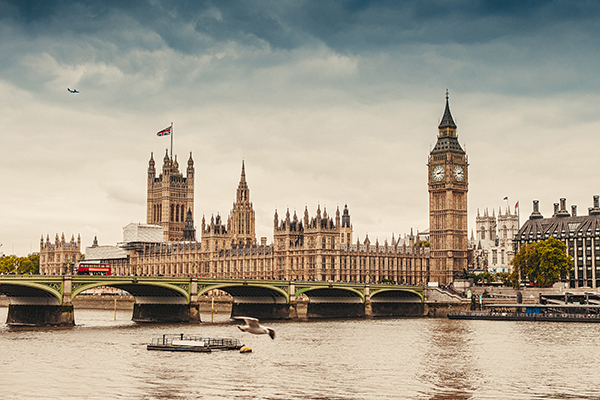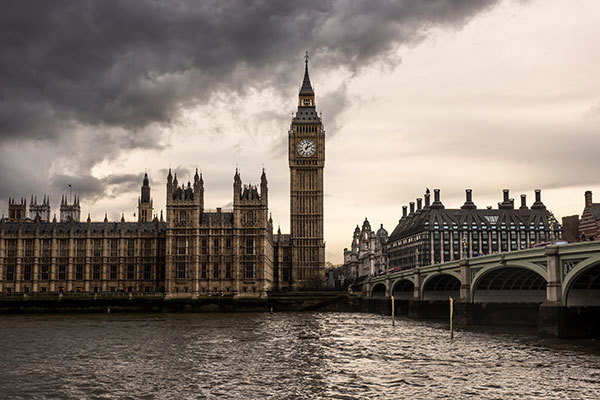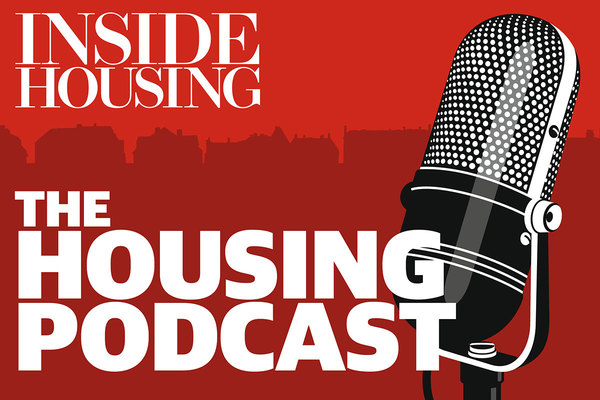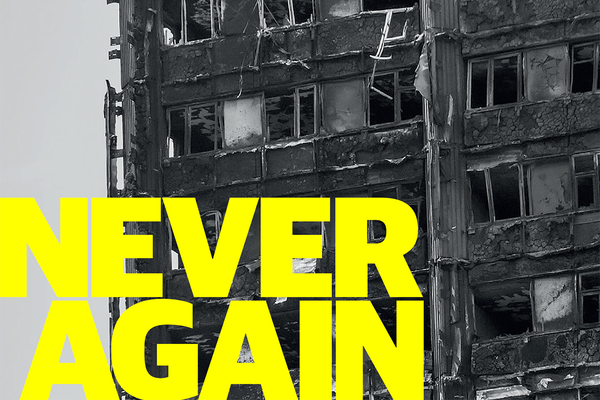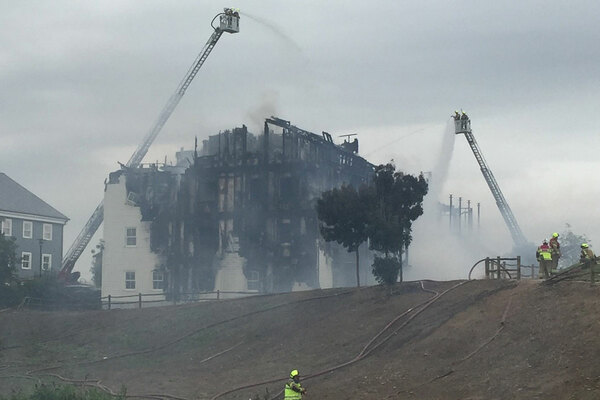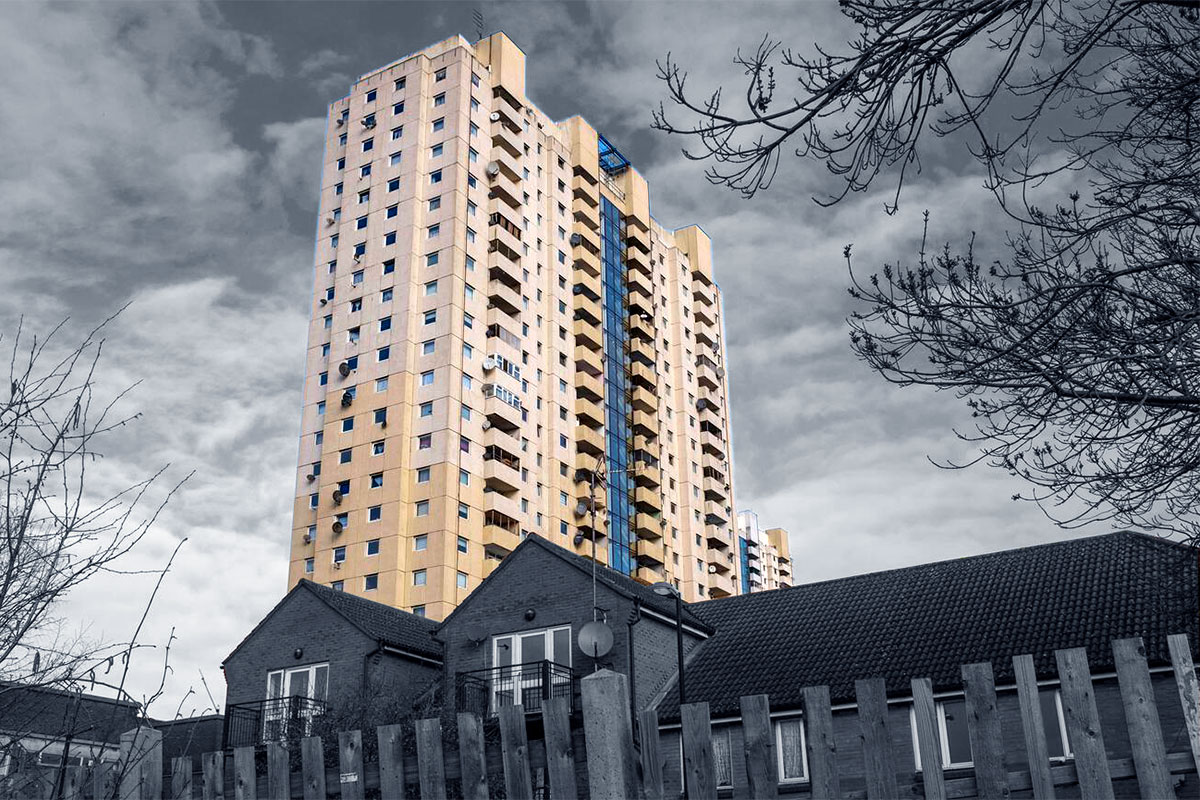You are viewing 1 of your 1 free articles
Method of signing off cladding without fire safety testing could increase under government plan
The use of a controversial route to putting combustible materials on buildings without testing could increase under the government’s plan to restrict its use.
In a consultation document on its new plans for the future use of desktop studies, the government projected that their use would increase by 30% by 2027 if its proposals were implemented.
This is a larger increase than if no changes were made to the use of desktop studies – a “do nothing” scenario, according to the consultation.
A desktop study can be a way of using combustible materials on the side of buildings without doing a large-scale test. It can also be used for other types of fire safety products. It involves taking data from previous tests and making a judgment on a new cladding system that has not been tested.
While the number of desktop studies carried out is reported to have fallen since the Grenfell Tower fire, the government assumes that in the absence of any policy change the industry would be likely over time to start using desktop studies again under the ‘do nothing’ scenario.
Desktop studies have been criticised by fire safety experts since the Grenfell Tower fire for being unreliable, and almost 50 cross-party MPs wrote to the government warning against allowing them to continue to be used.
The Local Government Association has said that “reliance on desktop studies is no longer acceptable” and the building regulation guidance “must as a minimum make it clear that all the material in cladding systems should be non-combustible”.
The government has said it is consulting on restricting or banning desktop studies, though its submission to the European Commission does not mention the option of a ban.
In the consultation document for its proposals, the government includes impact assessments for the ‘do nothing’ scenario or for restricting the use of desktop studies.
The assessment concludes: “More assessments in lieu of tests [would be] commissioned under Option Two [restrict] than Option One [do nothing], due to greater confidence and clarity in the use of assessments in lieu of tests by industry, and a corresponding reduction in use of the BR 135 Classification Report based on a successful BS 8414 test route.”
Further into the document, it explicitly states that desktop studies would increase by 30% under the new proposals.
One of the proposed changes is that desktop studies should only be carried out by bodies that have experience of the relevant tests.
In the UK, for large-scale cladding tests this would only be the Building Research Establishment (BRE), the former government laboratory privatised in 1997.
The BRE also chairs the testing working group on Dame Judith Hackitt’s review of building regulations.
A Ministry of Housing, Communities and Local Government spokesperson said: “Nothing is more important than keeping people safe, and we are consulting on restricting or banning the use of desktop studies.
“The proposals are designed to significantly reduce inappropriate and irresponsible use of these studies.”
What are desktop studies, and why are people concerned?
Building regulations say cladding systems which contain combustible insulation must be shown to meet specific standards based on “full scale test data”
A ‘desktop study’ is a means of making an assumption about whether or not a cladding system would meet these standards without actually testing it.
It involves using data from previous tests of the materials in different combinations to make assumptions about how it would perform in a test.
This is not specifically provided for in the current guide to building regulations, but the government believes they are loosely drafted to an extent which makes it permissible. It plans to redraft the guidance to include specific rules on the use of desktop studies for the first time.
The alternatives to a desktop study are full scale testing or not using combustible materials.
People are concerned about the process because it is based on assumption: at least one system cleared through a desktop study has failed a full scale test.
This is important for fire safety because mistakes may mean unsafe cladding systems being cleared for use on tall buildings.
The Paper Trail: The Failure of Building Regulations
Read our in-depth investigation into how building regulations have changed over time and how this may have contributed to the Grenfell Tower fire:
Never Again campaign
Inside Housing has launched a campaign to improve fire safety following the Grenfell Tower fire
Never Again: campaign asks
Inside Housing is calling for immediate action to implement the learning from the Lakanal House fire, and a commitment to act – without delay – on learning from the Grenfell Tower tragedy as it becomes available.
LANDLORDS
- Take immediate action to check cladding and external panels on tower blocks and take prompt, appropriate action to remedy any problems
- Update risk assessments using an appropriate, qualified expert.
- Commit to renewing assessments annually and after major repair or cladding work is carried out
- Review and update evacuation policies and ‘stay put’ advice in light of risk assessments, and communicate clearly to residents
GOVERNMENT
- Provide urgent advice on the installation and upkeep of external insulation
- Update and clarify building regulations immediately – with a commitment to update if additional learning emerges at a later date from the Grenfell inquiry
- Fund the retrofitting of sprinkler systems in all tower blocks across the UK (except where there are specific structural reasons not to do so)
We will submit evidence from our research to the Grenfell public inquiry.
The inquiry should look at why opportunities to implement learning that could have prevented the fire were missed, in order to ensure similar opportunities are acted on in the future.

